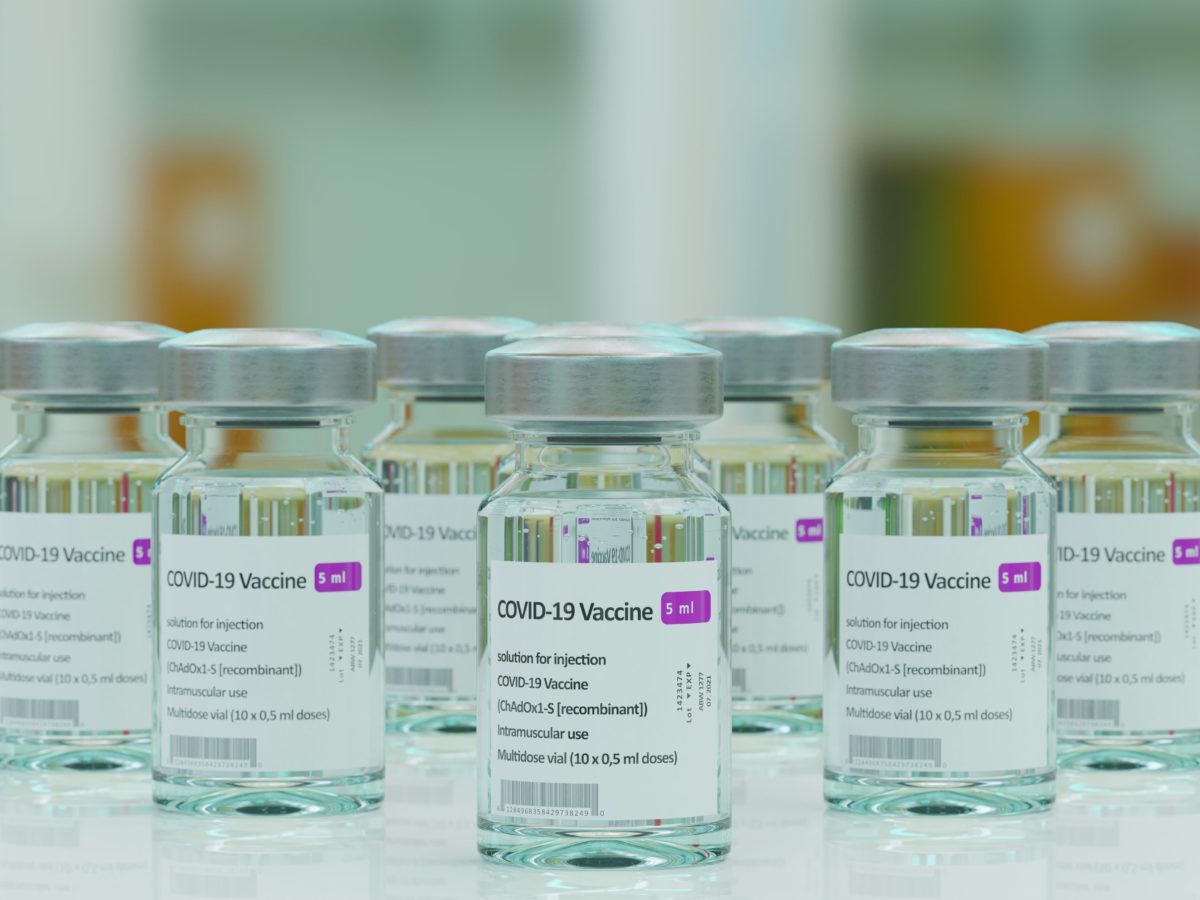Authors: Manaf AlQahtani, Sujoy Bhattacharyya, Abdulla Alawadi, Hamad Al Mahmeed, Jaleela Al Sayed, Jessica Justman, Wafaa M. El-Sadr, Jack Hidary, Siddhartha Mukherjee
The emergence of new SARS-CoV-2 variants across the world has raised concerns about the effectiveness of available COVID-19 vaccines that were designed against the original Wuhan (wild type) variant. Critical questions have arisen regarding: (a) the effectiveness of various vaccines in preventing infection, symptomatic disease, hospitalization, intensive care unit (ICU) admission and death and (b) the magnitude and clinical consequences of post-vaccination infections in the context of emerging variants, especially the Delta variant of SARS-Cov2. While “real world” experiences with various vaccines have been reported, few have examined comparative effectiveness of various vaccines in one population, as new SARS-CoV-2 variants have emerged. Here we present an analysis of COVID-19 related outcomes from Bahrain, a country with a total population of 1.501 million, where four vaccines were deployed (total vaccinated =1,003,960), including Astra-Zeneca (AZ/Covishield), Pfizer/BioNtech, Sinopharm and Sputnik V.









